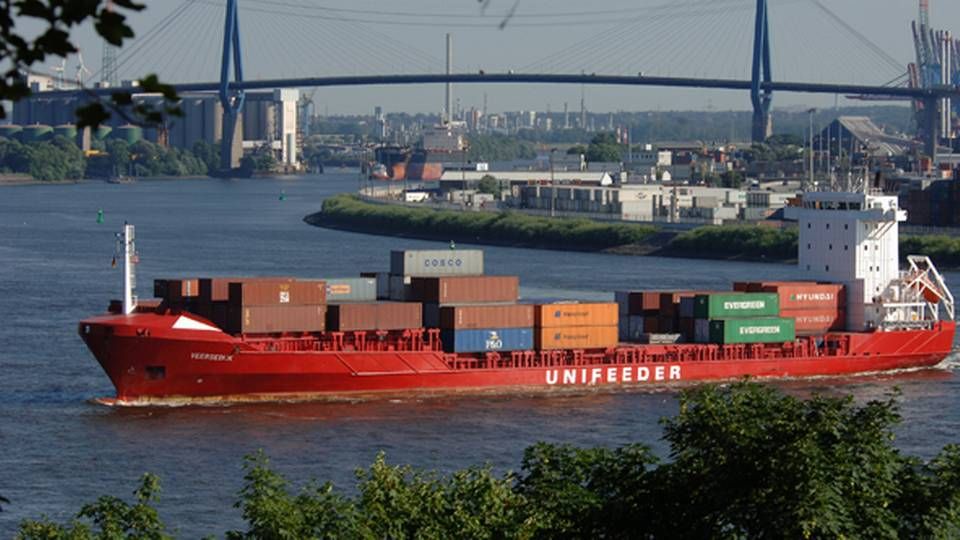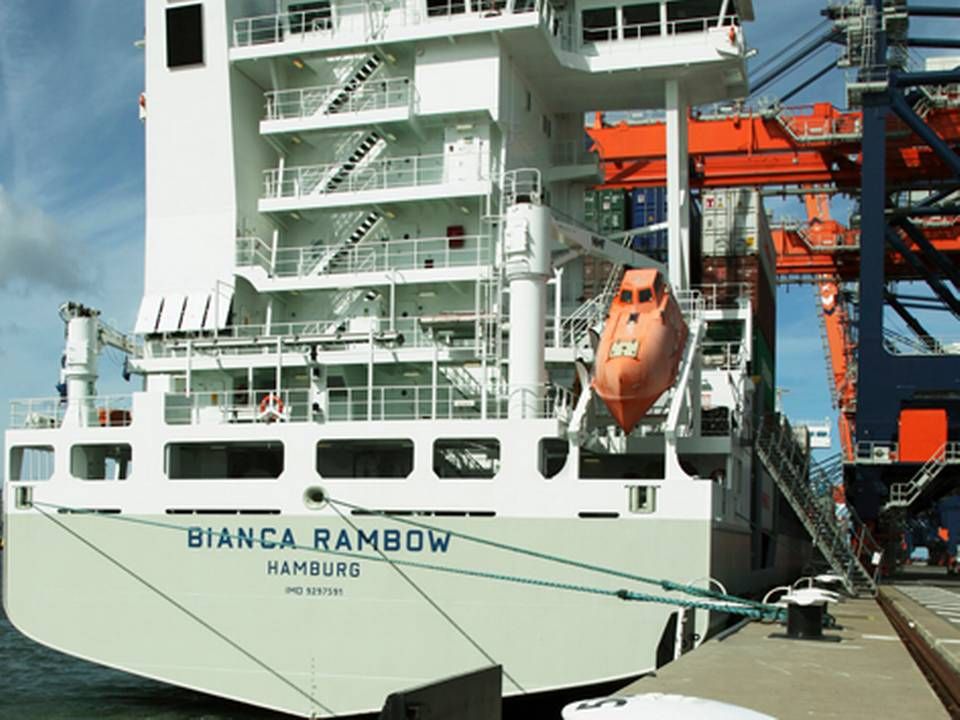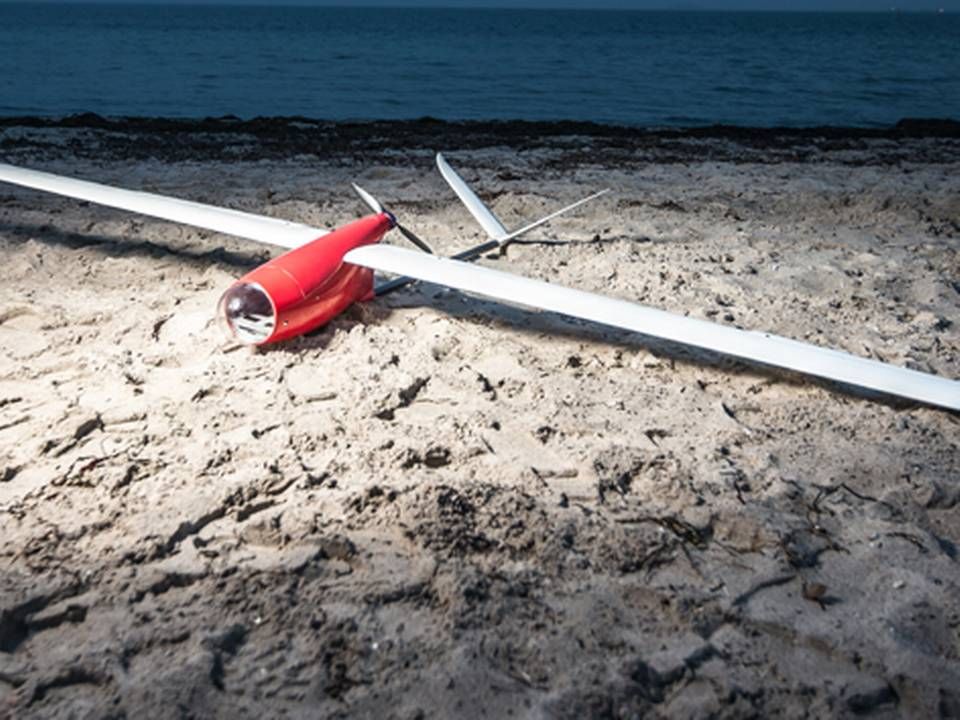Unifeeder making money in a tough market

Traces of the crisis remained in 2013, where Unifeeder saw a decline compared to the result after taxes in 2012. In the past year the carrier thus achieved a result after taxes of USD 42.6 million, compared to USD 58.1 million in 2012.
However, the company's revenue increased from around USD 571.2 million in 2012 to USD 591.2 million in 2013, according to the carrier's annual report.
But the company did manage to make money in a market that was still very much affected by the crisis in 2013, with protracted periods of fluctuating volumes, says senior management in the report. This was the result of factors including the carrier's asset-light model with few owned ships, which enabled the company to quickly adjust its business.
The feeder carriers have previously pointed out that one of the challenges in the market is the fact that the deep sea lines are increasingly insourcing their ships for feeder services, and this development continued in 2013:
"The development is partly attributable to global container shipping lines choosing to deploy idle vessel capacity to service individual ports which were previously serviced by feeder vessels," says the management, pointing out that the trend is not clear, as Unifeeder gained volume in some areas.
Unifeeder keeps up with the big Baltic players
Another challenge was the moderate economic growth, which was especially absent in the Eastern part of the Northern European network, a development that had a particular impact on the carrier's short-sea business as it suffered from a decline in volumes. But more cargo was transported overall in 2013 compared to 2012, in particular due to the acquisition of United Feeder Services in late 2012, which boosted Unifeeder's operation in the Mediterranean, Northern Europe, and the Black Sea with around 40 ships and 45 ports.
Flat development
The economic growth was not the only challenge for the carrier, with the difficult conditions of the container market also resulting in additional pressure on the freight rates, which Unifeeder was unable to cope with.
"In light of the difficult market conditions, the Group's operating profit (USD 42.7 million) is considered satisfactory, however lower than expected. The foreign entities achieved satisfactory results, which, above all, reflect the Group's overall development and improved balance of activities in various geographies," says the management.
The coming year seems to indicate that the crisis is about to loosen its grip on the industry, though it will take some time to get back on top again, a fact that will be reflected on the freight volumes, says Unifeeder, which expects a flat feeder market in 2014. The short-sea segment is expected to grow and the carrier anticipates an improved result in 2014 compared to 2013.
Unifeeder boosts capacity in the Baltic Sea
Related articles
Unifeeder boosts capacity in the Baltic Sea
For subscribers
Unifeeder enters global Top 30
For subscribers
Support for drones in fight against sulphur fraud
For subscribers






















